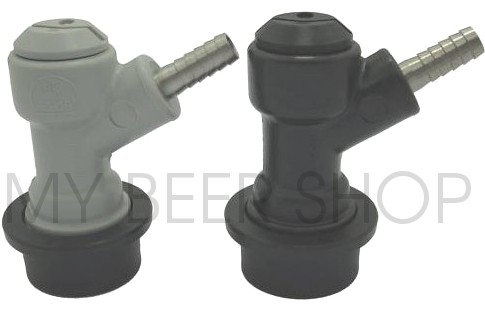mb-squared
Well-Known Member
- Joined
- 18/2/14
- Messages
- 392
- Reaction score
- 153
Completely new to kegging, so perhaps a silly question.
I closed the valve on my gas bottle last night because I began to suspect I had a leak -- though I can't get soapy water to bubble anywhere. This morning I noticed that the high-pressure gauge on my regulator (closest to the gas cylinder) was on zero. But, funny enough, the low-pressure gauge (one closest to the keezer) was still on 11psi, right where it has always been. Does this mean that my regulator is leaking? Or that I have a leak between the gas bottle and the regulator? Or is this perfectly normal?
thanks for any insight!
I closed the valve on my gas bottle last night because I began to suspect I had a leak -- though I can't get soapy water to bubble anywhere. This morning I noticed that the high-pressure gauge on my regulator (closest to the gas cylinder) was on zero. But, funny enough, the low-pressure gauge (one closest to the keezer) was still on 11psi, right where it has always been. Does this mean that my regulator is leaking? Or that I have a leak between the gas bottle and the regulator? Or is this perfectly normal?
thanks for any insight!





